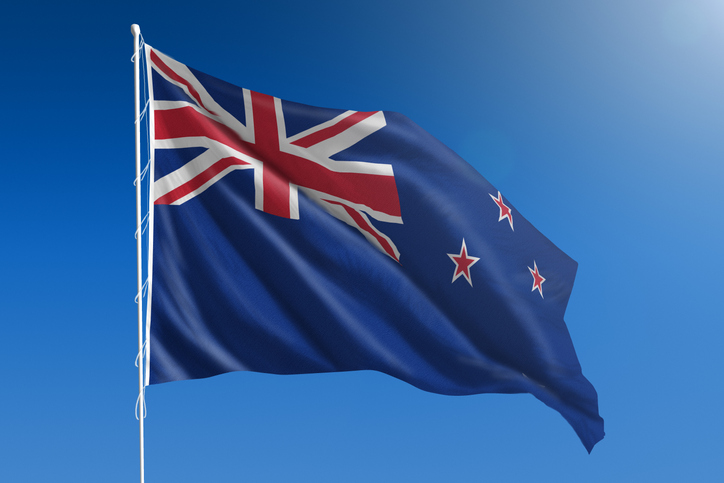
New Zealand’s councils are launching a local government manifesto as part of a drive to decentralise government and hand more power to local authorities.

Local Government New Zealand (LGNZ) policy advisor Mike Reid, says the peak conducted a national survey in 2018 to assess the attitudes of New Zealanders to localism and assess whether councils have powers that match community expectations.
The survey found 30 per cent of people thought having more local services controlled by local decision makers was a good idea and 30 per cent thought it was a bad idea. The remaining 40 per cent are undecided, and these are the hearts and minds the peak is determined to win over.
It also found significant support for the control of vocational training, social housing, primary healthcare and welfare services by local authorities.
Those in favour of decentralisation cited better responses to local needs and greater accountability to locals. Duplication of services and inequality for disadvantaged communities were listed as cons.
Localisation project
LGNZ first floated the idea of a local government manifesto before the 2017 election that swept popular Labour leader Jacinda Ardern to power. It launched its localisation project with a position statement last July, Dr Reid told the Future of Local Government Summit in Melbourne in Thursday.
Since then the association has prepared a draft discussion paper based on five themes including “contractual devolution”, a “buoyant tax” to fund local authorities, deepening engagement with local partners and a legislated end to cost shifting and unfunded mandates.
LGNZ It is aiming to have a manifesto ready for publication and ratification by the nation’s political parties in March 2020 ahead of the next general election, Dr Reid says.
“We want to get the political parties to sign up to it,” he told Government News.
New Zealand is among the most centralised countries in the OECD, Dr Reid told the conference, although this has not always been the case. Before the proclamation of British sovereignty and organised European settlement in 1840, the system was entirely local.
Around the world, decentralisation was associated with people being better off, higher voter turnout, more trust in government and a higher participation rate in activities, Dr Reid said.
Marginalisation by Ardern government

Dr Reid says New Zealand’s localisation project has been triggered by a failure of government policy in key areas including growth of regional inequality, chronic homelessness and declining trust in democracy, as well as a sense that local government is being marginalised by the Ardern Government, which he says came to power poorly prepared in terms of local government policy.
“Over the last decade or so, New Zealand councils have started to feel more marginalised than usual,” he said. “This has come to a point over the last couple of years when the new Labour government came in.”
One area in particular where councils are concerned is around water policy, he said, where the government is seeking to regionalise management of drinking and waste water, taking it out of the hands of local authorities who are considered to small to pay for it.
“The government’s answer is to say that funding the councils is not on the table, so what we’re going to look at is amalgamating the water supplies,” he said.
Comment below to have your say on this story.
If you have a news story or tip-off, get in touch at editorial@governmentnews.com.au.
Sign up to the Government News newsletter.
Work at a rural District Council, and you will realize how incapable the institutions are of handling any more authority. Spend 15 minutes listening to any rural Councillor, and you will realize how clueless and unqualified they are for making the decisions they already make.